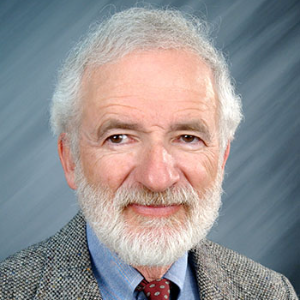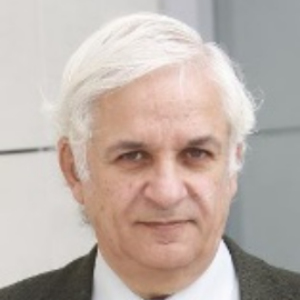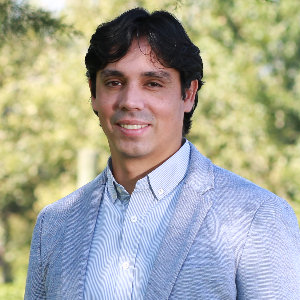Nuclear Chemistry/Radiochemistry
Radiochemistry is a discipline of science that investigates the chemistry of radioactive materials and compounds. Radiochemistry is the study of radioisotopes, both manmade and natural. Radioactive isotopes are used in a wide range of applications in this domain of study. To manipulate radioactive material, experts apply basic concepts from organic, inorganic, physical, and analytical chemistry. Radiochemistry is further defined by activity during its operation. Radiochemists subject radioisotopes to a variety of techniques and practises in fields other than chemistry. Radiochemical procedures are known for their high-tech nature. These procedures also necessitate meticulous attention to detail, consistent practice in order to establish an acceptable skill set, and a foundational understanding of useful scientific principles.

Arthur J Nozik
University of Colorado, United States
Stanislaw Dzwigaj
Sorbonne-Universite-CNRS, France
Haibo Ge
Texas Tech University, United States
Ashanendu Mandal
University Of Calcutta, India
Victor Cerda
Sciware Systems, Spain
Tokeer Ahmad
Jamia Millia Islamia, India


Title : Application of metal Single-Site zeolite catalysts in catalysis
Stanislaw Dzwigaj, Sorbonne-Universite-CNRS, France
Title : Designing of nano-sized heterostructures for hydrogen production using overall water splitting
Tokeer Ahmad, Jamia Millia Islamia, India
Title : United Nations’ strategy responding to climate change
Dai Yeun Jeong, Asia Climate Change Education Center, Korea, Republic of
Title : Thermal and mechanical processes and reactions in reversible behavior of shape
Osman Adiguzel, Firat University, Turkey
Title : An innovative magnetic resonance spectroscopic method for catalysts’ activities
Mohamed A Morsy, King Fahd University of Petroleum & Minerals, Saudi Arabia
Title : Engineering stable, expressible, functional industrial enzymes with protein sequence likelihood models
Shawn Reeves, University Of Waterloo, Canada